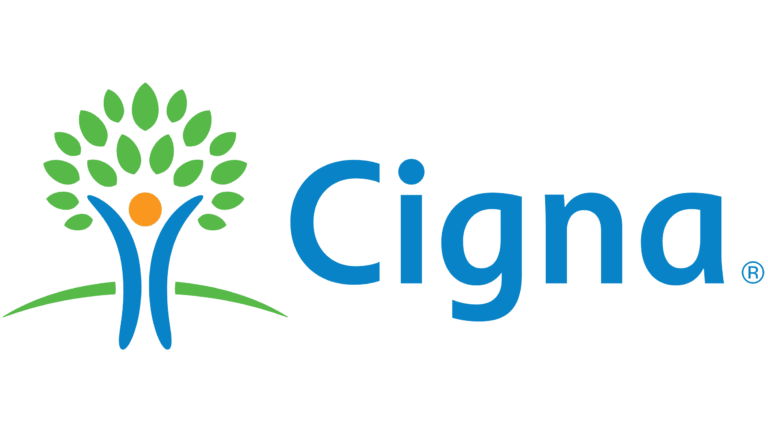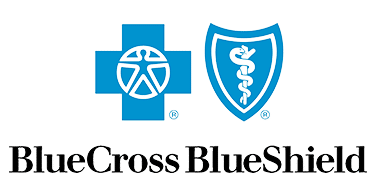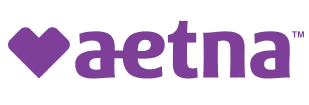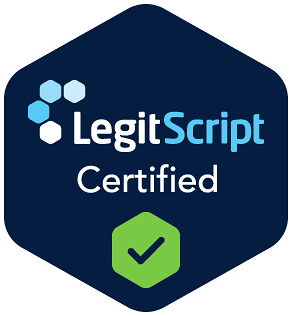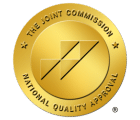Addiction affects millions of people worldwide . Many individuals turn to structured support systems to navigate the path to recovery. The 12-step program is a widely recognized approach that has helped countless individuals find sobriety. This methodology, grounded in mutual support and accountability, forms the foundation of Alcoholics Anonymous (AA) and Narcotics Anonymous (NA). While both programs share similar principles, they cater to different aspects of substance use disorders. Understanding the distinctions between AA and NA can help individuals choose the program that best suits their needs.
The Vital Role of the 12 Steps in Recovery
At the heart of both AA and NA lies the 12-step program, a spiritual framework designed to guide individuals through their recovery journey. The 12 steps encourage personal growth and accountability, emphasizing the acceptance of one’s addiction, seeking help, making amends, and maintaining sobriety through continued self-examination and support.
Alcoholics Anonymous first introduced the 12 steps in the 1930s, and their success in helping people recover from addiction has been profound. These steps form the cornerstone of many addiction recovery programs, including Narcotics Anonymous, which was founded based on the success and format of AA.
What is Alcoholics Anonymous (AA)?
Alcoholics Anonymous (AA) is an international fellowship of individuals who have struggled with alcohol use disorder. AA was the first 12-step program, founded in 1935 by Bill Wilson and Dr. Bob Smith. The primary purpose of AA is to help individuals achieve and maintain sobriety through mutual support, community, and shared experiences.
AA meetings are held worldwide and are open to anyone who has a desire to stop drinking. The program is non-professional, self-supporting, and free of charge. Members share their personal experiences with alcohol addiction and recovery, creating a supportive environment where individuals can find strength and encouragement.
What is Narcotics Anonymous (NA)?
Narcotics Anonymous (NA) is a global, community-based organization that also adopts the 12-step framework, but its focus is on individuals dealing with drug addiction rather than alcohol. Founded in 1953, NA expanded upon the foundation laid by AA to address the growing concerns about narcotic addiction.
NA meetings offer a safe space for individuals facing drug addiction to share their experiences, struggles, and achievements in sobriety. Like AA, NA is a non-professional, self-supporting entity that relies on voluntary contributions from its members. Meetings are open to anyone with a desire to stop using drugs.
Differences Between Alcoholics Anonymous and Narcotics Anonymous
While AA and NA are similar in many respects, notable differences may influence an individual’s decision on which program to join.
Substance Focus
One of the most apparent differences is the substance focus. AA is centered on alcohol addiction, whereas NA addresses narcotic addiction. This distinction can be crucial for individuals seeking support that explicitly addresses their substance use.
Language and Terminology
NA includes a broader range of substances in its discussions. While AA focuses explicitly on alcoholism, NA covers all mind-altering substances, including prescription drugs and illicit narcotics. The language used in meetings and literature reflects this distinction, with NA discussions often encompassing a more comprehensive range of substances.
Membership Identity
In AA, members identify themselves as “alcoholics,” and discussions revolve primarily around experiences with alcohol. In NA, members identify themselves as “addicts” and share experiences related to various drugs. The identity that resonates more with an individual can influence their program choice.
Meeting Formats
AA and NA offer a variety of meeting formats, including open and closed meetings. Open meetings welcome anyone interested in learning about the program, while closed meetings are reserved for those who identify as alcoholics or addicts. Despite these similarities, the meetings’ specific formats and cultural nuances can vary between AA and NA.
Literature and Program Materials
Each fellowship has developed its literature, reflecting its unique focus. AA’s foundational text is “The Big Book,” which includes personal stories from alcoholics and an outline of the 12 steps. NA’s principal book is the “Basic Text,” which contains personal stories and an interpretation of the 12 steps specific to narcotic addiction. These texts serve as guiding resources for members in their recovery journey.
How to Choose the Right Program for You
Deciding between AA and NA depends on personal preferences, the primary substance of addiction, and the type of support an individual seeks. Here are some considerations:
- Primary Substance of Addiction: Choose AA if alcohol is the primary concern; opt for NA if the addiction involves drugs or a combination of substances.
- Personal Identification: Consider which identity, alcoholic or addict, resonates more with your experience.
- Meeting Availability: Check the availability and frequency of AA and NA meetings in your area. Access to a supportive community can significantly impact your recovery journey.
- Comfort and Fit: Attend a few meetings of both AA and NA to understand which environment feels more supportive and relatable.
Get The Help You Deserve Today
Embarking on the road to recovery is a courageous decision. Whether AA or NA feels like the best fit for you, the critical step is to seek support and take action. If you or someone you love is struggling with substance use issues, Palm Beach Recovery Centers offer immediate assistance. Our dedicated team provides personalized care tailored to meet your unique needs. Contact us today to begin your journey toward a healthier, sober life.


